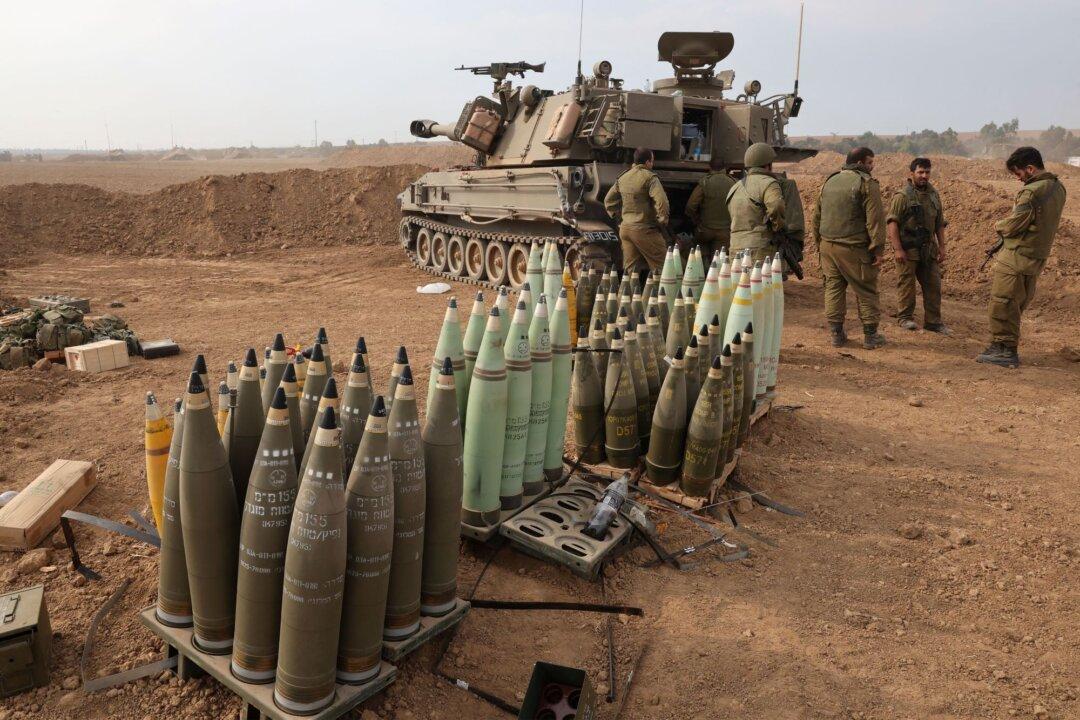Retired U.S. Army Lt. Col. Darin Gaub and former U.S. State Department official Gabriel Noronha are offering their assessments of the recent attacks on Israel, how the Israeli military will respond, and how Iran may have contributed to the carnage from behind the scenes.
Mr. Noronha believes Iran played at least some role in enabling Palestinian groups to breach the Israel–Gaza barrier and carry out widespread attacks across southern Israel on Oct. 7.





